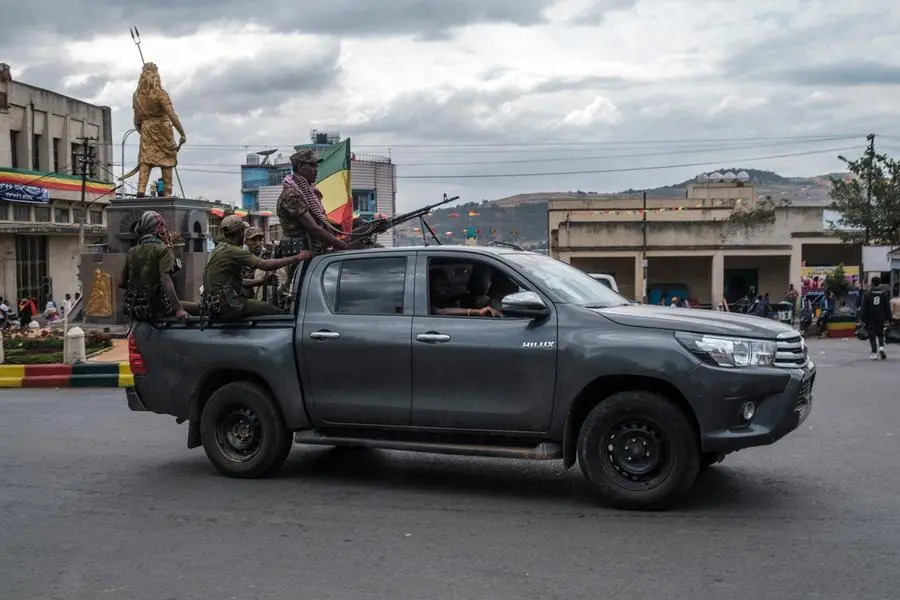PHOTO
The head of the UN's human rights body Thursday called for "genuine" transitional justice in Ethiopia, saying victims of abuses in conflict had to be put at the heart of the process.
The UN Human Rights Office and the Ethiopian Human Rights Commission issued a joint report calling on Addis Ababa to address the country's legacy of violations and abuses in a way that prioritises the rights and needs of victims and their families.
Ethiopia, a mosaic of more than 80 ethno-linguistic communities, has in recent years experienced outbreaks of deadly violence over identity and territorial claims.
War broke out between government forces and rebels in Ethiopia's northern Tigray region in November 2020, with the conflict marked by mass atrocities by all sides.
A "cessation of hostilities" deal in November 2022 ostensibly ended the brutal two-year conflict.
The report by the UN and the EHRC -- an independent state-affiliated body -- made 31 recommendations for the design and implementation of a transitional justice policy.
"I welcome Ethiopia taking concrete steps to develop a national transitional justice policy in line with the Cessation of Hostilities Agreement," said Volker Turk, head of the UN body.
"It is crucial for such efforts to be holistic and consistent with international human rights norms and standards, placing victims and affected populations, especially women and girls, at the centre."
The new report set out findings from 15 community consultations held between July 2022 and March 2023, with more than 800 participants involved.
"By amplifying the experiences and voices of directly affected populations across Ethiopia, it is important that this report properly informs ongoing discussions on the development of a legitimate, holistic, genuine, and inclusive policy on transitional justice," said Turk.
The report said that participants in the consultations broadly agreed that criminal accountability was essential for victims to be heard and obtain remedies, and for deterrence.
They voiced doubt as to whether the current justice system was credible, independent and competent enough, the report said, suggesting reforms and the setting up a new independent commission.
"States have a duty to investigate and prosecute gross human rights violations and abuses and serious violations of international humanitarian law, including those which amount to crimes under international law," said Turk.
"Those who have been subjected to violations or abuses are entitled to justice, including adequate, comprehensive, prompt, and effective reparations."





















